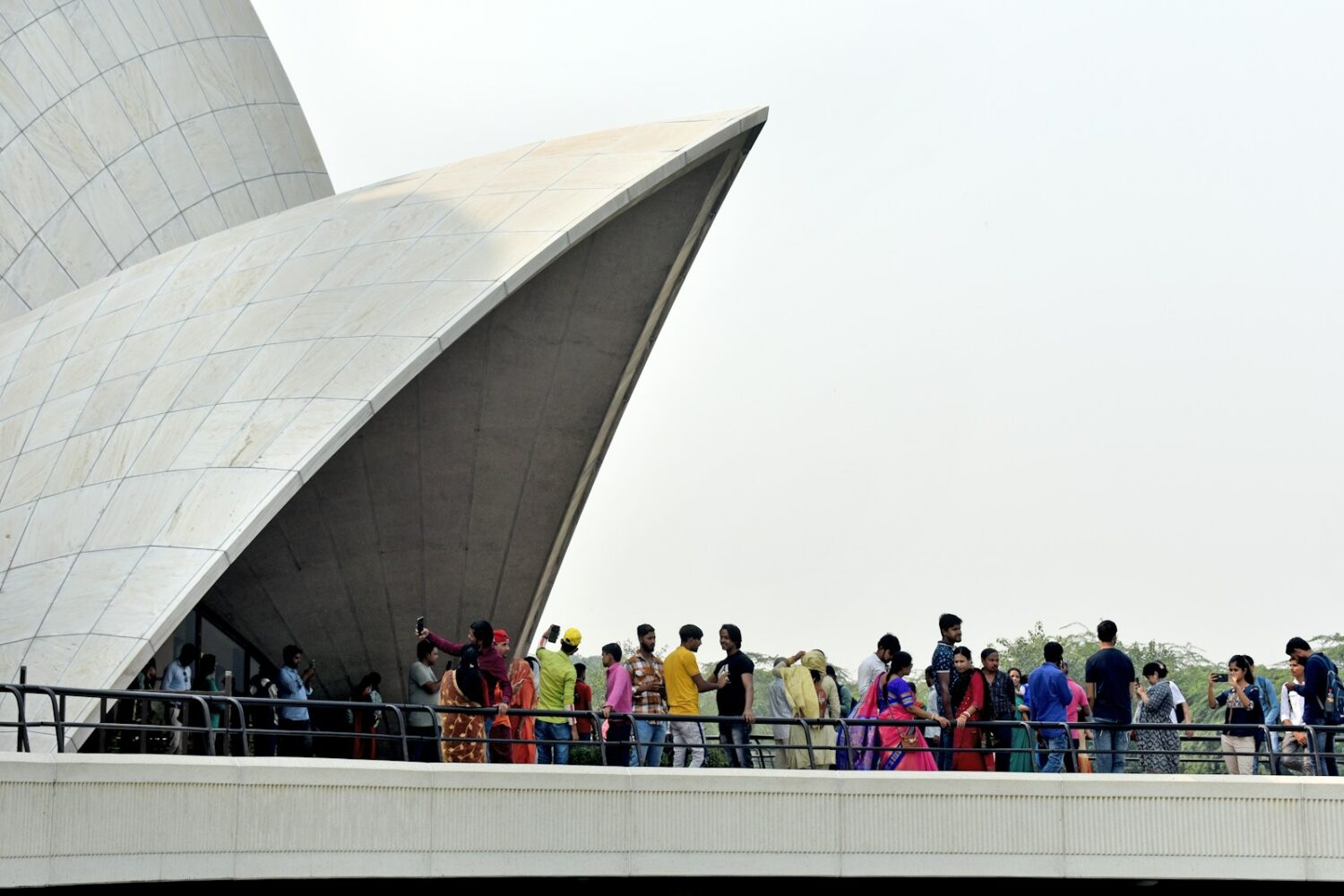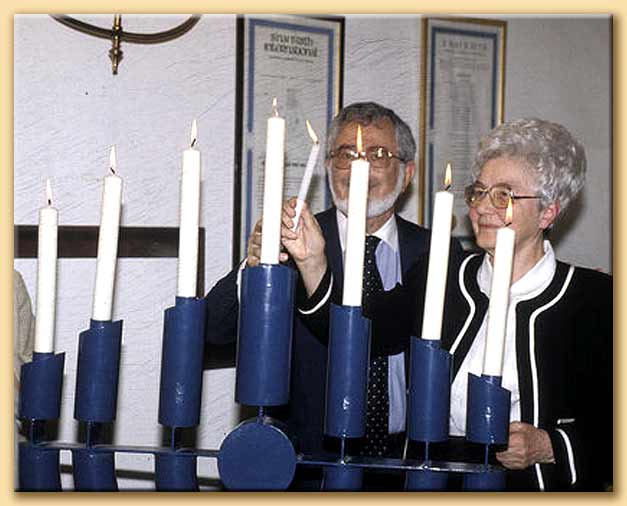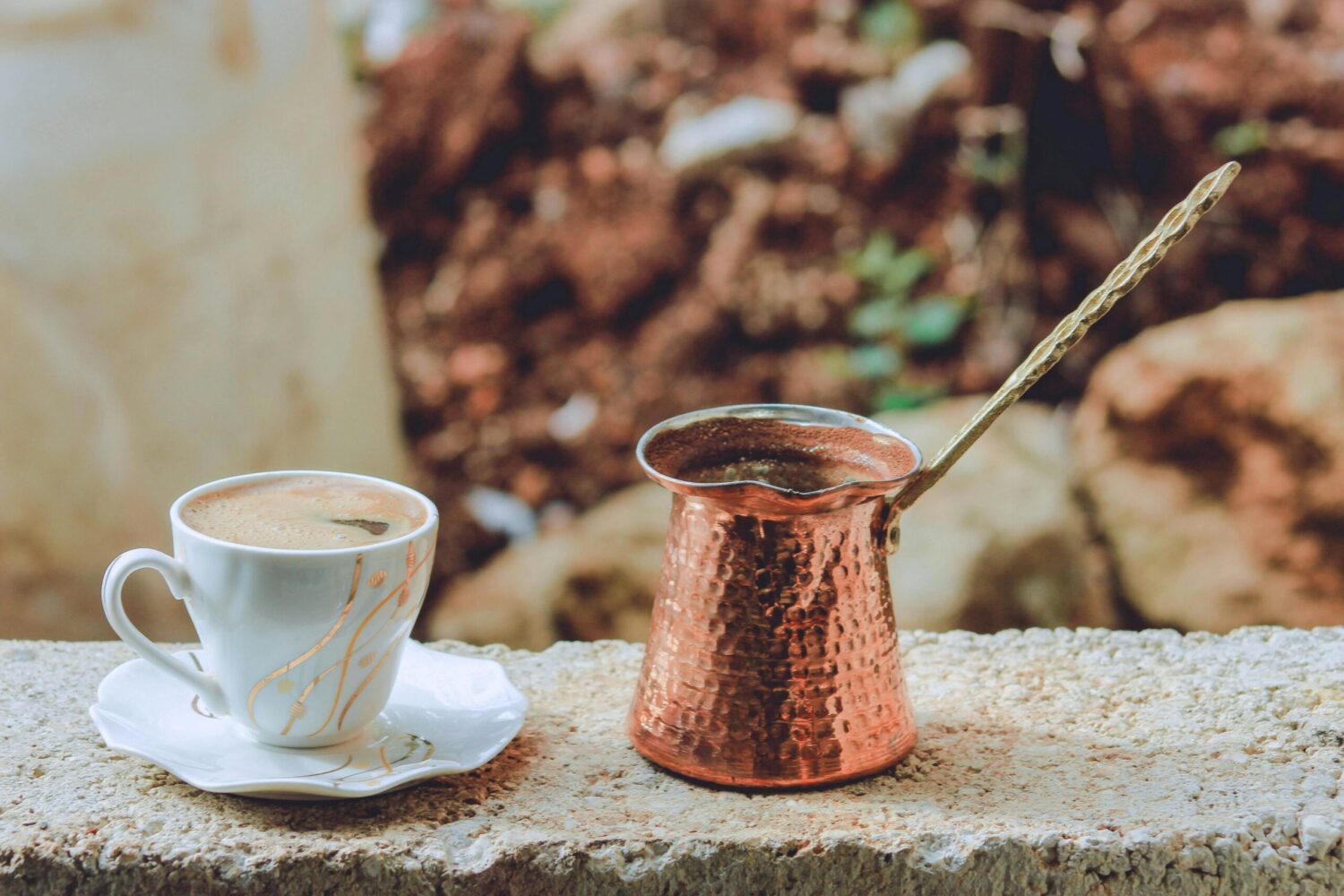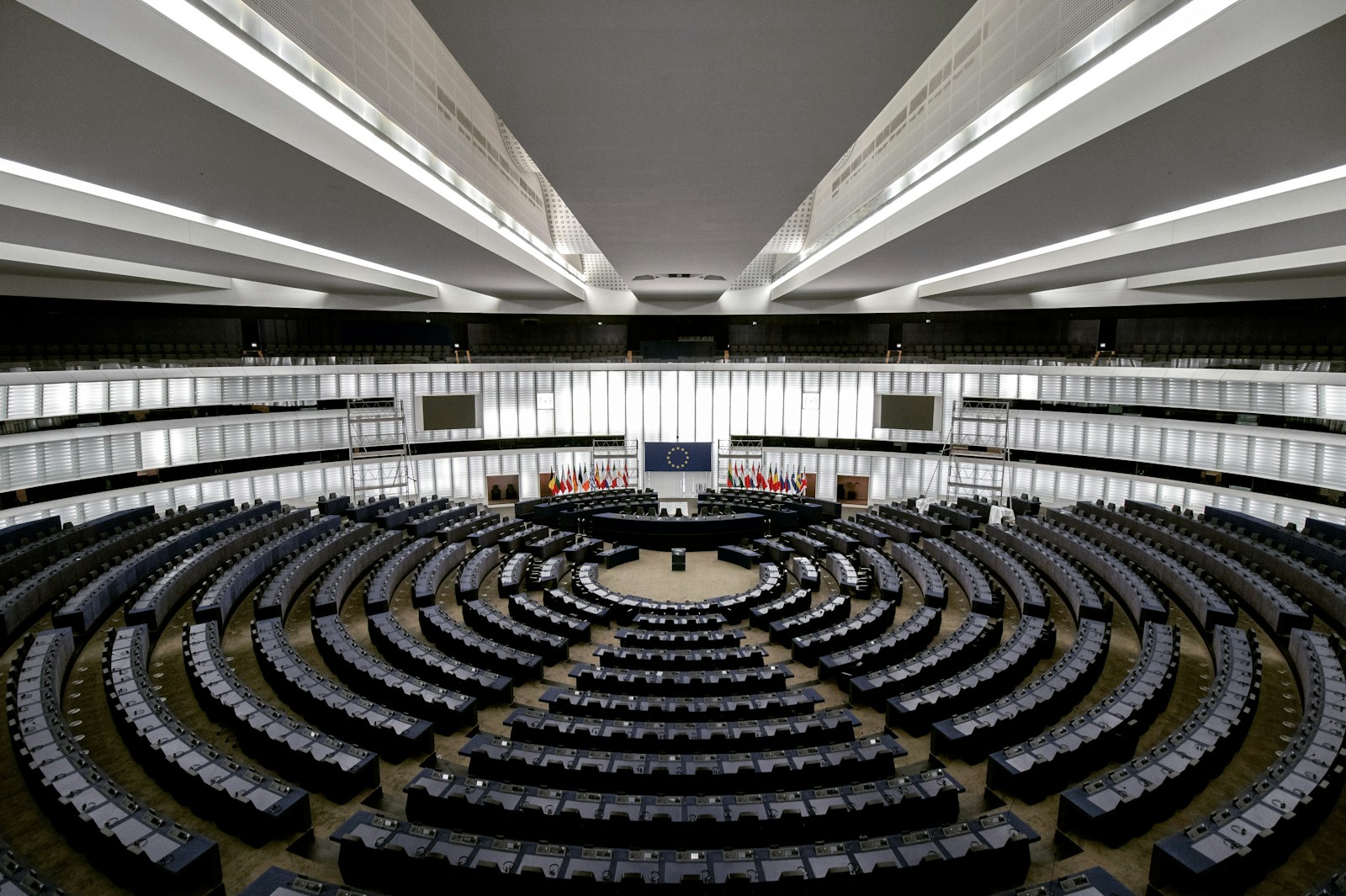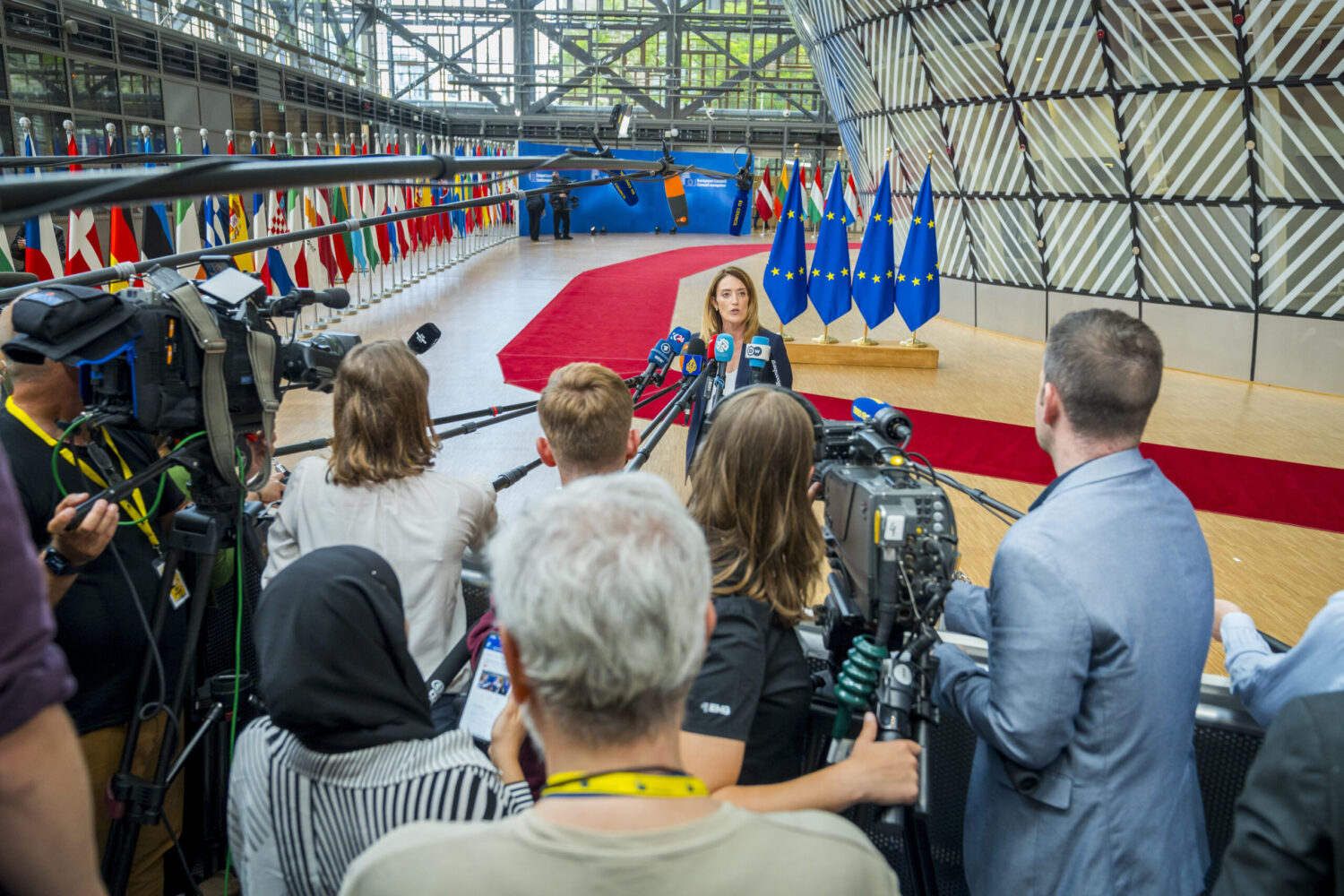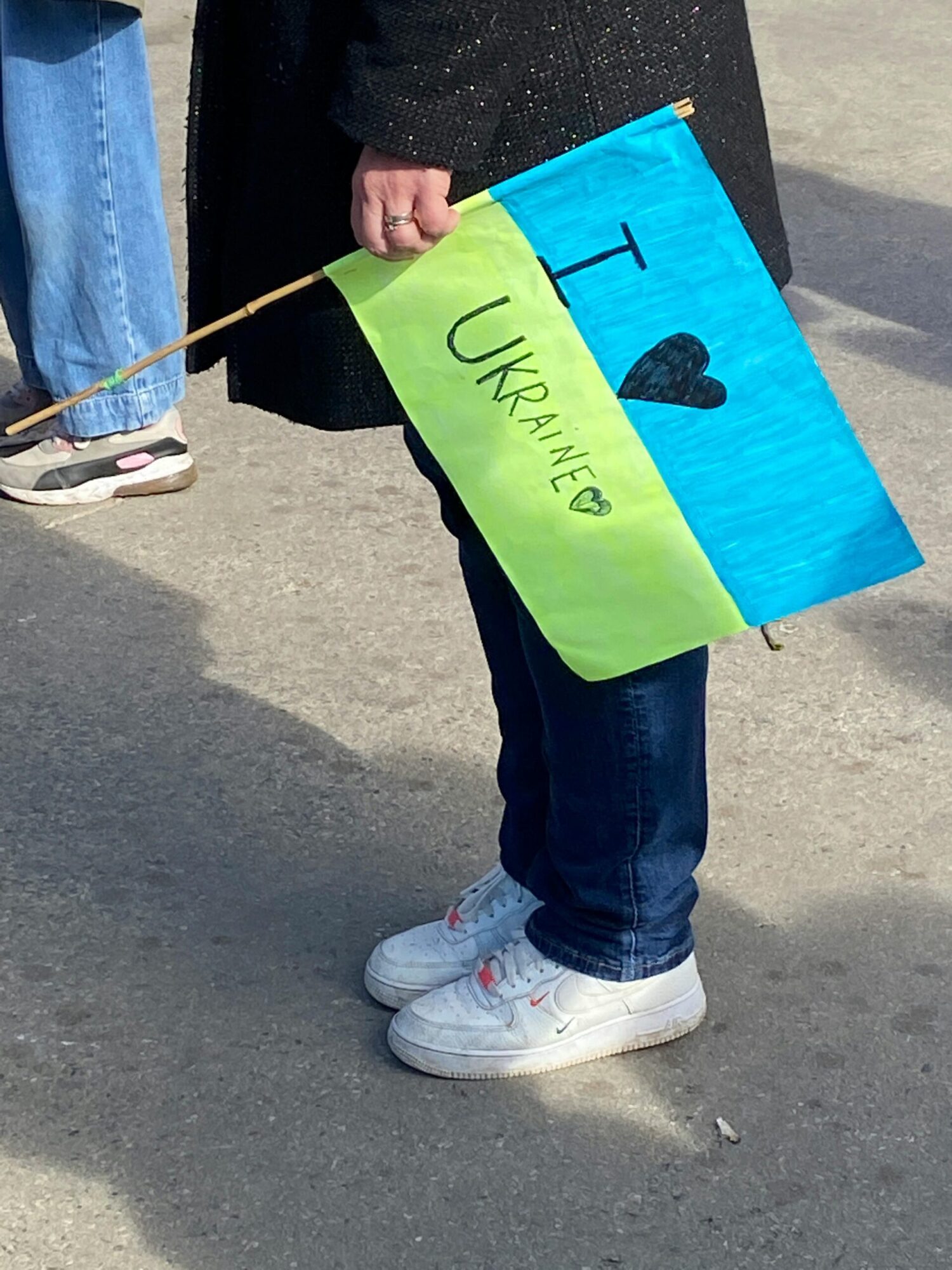GENEVA—18 June 2024— In a moving statement, 10 Iranian women imprisoned in Tehran’s Evin Prison have honored 10 Iranian Baha’i women imprisoned four decades earlier, in Adel Abad Prison in Shiraz. The statement echoes the #OurStoryIsOne campaign, launched a year ago in honor of the 10 Baha’i women, who were eventually all executed on the night of 18 June 1983.
Writing from the women’s ward of Evin Prison, the statement reads: “After years of imprisonment alongside Baha’i women, witnessing the relentless pressures and injustices they endure for their beliefs, and hearing their stories across generations, we unequivocally recognize that ‘our story is one.’”
The Nobel Peace Prize laureate Narges Mohammadi, who remains behind bars in Evin prison, is one of the signatories, along with nine others: Mahboubeh Rezayi, Hasti Amiri, Samaneh Asghari, Sakineh Parvaneh, Maryam Yahyaei, Nahid Taghavi, Anisha Assadollahi, Sepideh Gholian, and Golrokh Iraee.
Calling the execution of the 10 women—the youngest of whom was 17 and who were hanged one at a time, as the others were forced to watch—“one of the most shocking stories we have heard,” Mohammadi and her co-signatories also lamented the execution of “nearly 300 of our Baha’i compatriots” in the years after the 1979 Islamic Revolution.
“Our silence in the face of this oppression against a group in society whose mere existence as Baha’i citizens has been criminalized has made these crimes less costly for the regime and paved the way for their repetition and intensification,” the statement said. “Differences in political views or beliefs have never been, are not, and will not be a barrier to supporting justice.”
“We stand by our Baha’i compatriots until the end of the suffering imposed on them,” the statement concludes, signing off: “Women’s Ward, Evin Prison, Iran, #OurStoryIsOne.”
“Forty-one years ago, 10 innocent Baha’i women were executed in the dead of night, and the Iranian government tried to bury their names and stories from history,” said Simin Fahandej, Representative of the Baha’i International Community to the United Nations in Geneva. “But this ruthless act instead brought about a movement dedicated to unity and made these women global symbols of an unwavering commitment to what is just, to one’s truth, and the principle of equality, even at the cost of their lives. The statement by the 10 imprisoned Iranian women is an example of the millions, not only in Iran but around the world, who have come to see the story of these women as their own, as part of the stories of all Iranian women, indeed all women globally, in their struggle for justice and the equality of women and men.”
And as the campaign reaches its one-year mark, the underlying themes of the campaign resonate and live on, with many, both in Iran and globally, continuing to support the ideas the campaign has brought forth including unity in diversity and gender equality.
The campaign has reached millions of people inside Iran and in every part of the world—with hundreds of public statements of support from diverse ethnic and religious groups.
The one-year anniversary of #OurStoryIsOne has also been marked by the release of a major new documentary by Iran International, a prominent television broadcaster. The film, to be broadcast several times between 18-20 June, titled “The Women Who Said No” (teaser 1, teaser 2), tells the story of the 10 executed women through interviews, archival material and re-constructed footage.
This follows a documentary released last year by Radio Farda, titled “Before Sunrise,” also about the 10 Baha’i women who were hanged just before dawn.
Baha’i communities around the world have also been holding special commemorative events, from concerts to gallery exhibitions, showcasing some of the thousands of artistic contributions made by members of the public to the #OurStoryIsOne campaign during the past year.
“The overwhelming response to the Our Story Is One campaign shows the profound global resonance with the sacrifice of the 10 women in Shiraz and to the themes of unity and gender equality,” Ms. Fahandej said. “The extraordinary artistic contributions and global support in so many diverse ways have shown the power of collective action in transforming a tragic story into a story of hope, inspiration and united action to shape our collective destiny. ‘Our story is one’ is the message honoring the 10 Baha’i women who were executed over 40 years ago, in silence. Today, their stories have become the symbols of a collective effort towards equality, justice and truth, which will ultimately prevail.”



